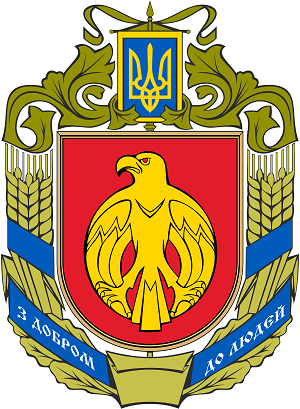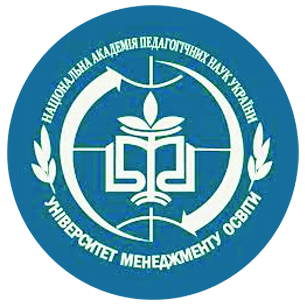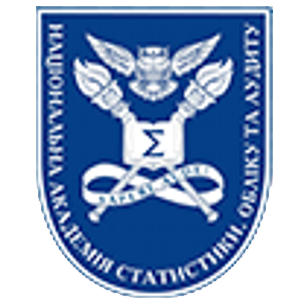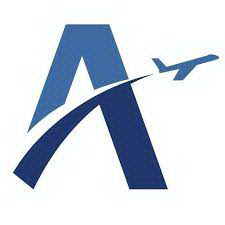Main challenges of Ukraine scientific sphere
Modern science issues
-
Development of AI
The rapid development and relative accessibility of AI technologies for modern people, without control over their use in the educational and scientific process, provokes a gradual deterioration in the qualities of the intellectual potential of applicants and reduces their analytical skills, ability to think critically and conduct independent research
-
Research bureaucratization
The formalization of the processes of preparing and publishing the results of applicants scientific research, combined with excessive regulation of the current scientists activities, leads to the vast majority of working time being spent not on your search for scientific ideas and their research, but on compliance with purely nomenclature regulations and procedures
-
Communications and expertise
The difficulty of direct communication between an applicant and external reviewers (experts, opponents with significant achievements in the relevant field of science) and the lack of experience in publishing research results in reputable professional scientific journals leads to a decrease in the quality of the final scientific product and provokes the growth of plagiarism
-
Armed aggression
The loss of human potential in Ukrainian science has been observed for a long time, but since the beginning of the war, the number of scientists who have left Ukraine has increased several times and now, according to a study by the scienceatrisk.org project, exceeds six thousand people, which in turn has significantly reduced the availability of quality expertise for applicants working in Ukraine.
-
Insufficient funding for the industry
Historical analysis confirms that countries that quickly implement innovations created by scientists win, but according to svit.kpi.ua, in 2024 the relative science intensity of the country's GDP was 0.17%, which only provokes an increase in the shadow market of pseudo-scientific “services” under the slogans of free scientific and research activities
-
Corruption challenges
Conditional free assistance in the preparation of scientific materials is not a criminal offense, and in Ukraine, both independent commercial companies and individual supervisors work in this area, who are able to impose relevant turnkey intermediary services on applicants, which is actually a “gray” scheme for abuse of influence for material gain
Methodology for transforming the scientific sphere
For this purpose, it is proposed:
Set of organizational and technological solutions
Development of a separate web interface for preliminary preparation of the text of the applicant's scientific publication and automated plagiarism checking of the results of his/her scientific search using open APIs of artificial intelligence tools Gemini, Smodin, ChatGPT and others
Implementation of a model for automated analysis and determination of requirements for the text of a publication with restrictions on the amount of material generated by AI

Development of a separate web interface for self-registration in the laboratory by the organizers of scientific conferences and scientific professional publications with a unified form of submission of text materials of abstracts and scientific articles of applicants for their further publication
Development of a separate web interface for self-registration in the laboratory of foreign HEIs and universities to ensure the principle of international academic mobility

Development of a digital mechanism for interaction between applicants, reviewers, organizers of scientific conferences and scientific professional publications to ensure the possibility of publishing the results of scientific research after peer review
Implementation of the AI preliminary review model, development of the Aspirantor® application to automate the process of searching and selecting a scientific mentor for an applicant in accordance with the specialty in the field of knowledge (science) in which the work is performed, based on the reviewer's publications indexed in the leading scientometric databases Google Scholar, Scopus, WoS, and others

Building an effective business model for the functioning of the virtual space of a scientific laboratory based on the sharing economy, which demonstrates rapid development dynamics around the world
Creating a transparent, competitive market for intellectual services by automating the search and selection of reviewers, as well as by introducing an open rating mechanism that increases the level of trust between users of the virtual laboratory and ensures the quality of final scientific products

Digitalization of nomenclature processes and document flow in higher education institutions, which frees up time for researchers and applicants to search for and work together on scientific ideas and their thorough research, simplifying the current work of scientists within the existing regulations and procedures
Stimulating the revision and simplification of the existing nomenclature and gradual transition to maximum de-bureaucratization of the scientific sphere
Digital modules of the scientific laboratory
A mechanism for search and selection of a scientific mentor based on the field of science, rating and verification of scientific achievements
⏳ Available terms of reference
Sources of funding and partners for software development are being sought
Required resources: $36,500 (dev)
A mechanism for preliminary AI review, automatic plagiarism checking, and preliminary processing of the applicant's scientific text according to standardized forms
⏳ Available terms of reference
Sources of funding and partners for software development are being sought
Required resources: $22,300 (dev)
Payment mechanism for mutual settlements of laboratory users with a minimum and maximum cost of access to services
⏳ Available terms of reference
Sources of funding and partners for software development are being sought
Required resources: $19,700 (dev)
International communication digital mechanism for interaction between higher education institutions and scientific institutions of different countries to promote the internationalization of science
⏳ Model development
We develop technical specifications and calculate the cost of the software
Resources required: $6,000 (designing)
Rating register of announcements of conferences and scientific literature with a calendar and unified forms of submission of scientific texts
⏳ Model development
We develop technical specifications and calculate the cost of the software
Resources required: $6,000 (designing)
A shareware electronic document management system for organizing the nomenclature of educational and research institutions with the ability to exchange documents
⏳ Development MVP
Software development is underway to launch the MVP version of the electronic document management module
Resources required: $5,300 (dev)
Team
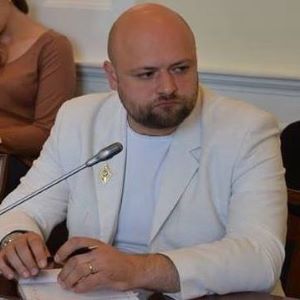
Serhii VOROBIOV
COO, Chief Artificial Intelligence Officer PhD in Public Administration
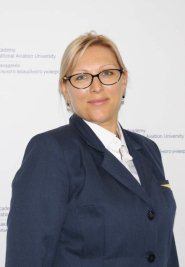
Maria PYSMENNA
Dean of the Aviation Management Faculty Doctor of Economics, Professor
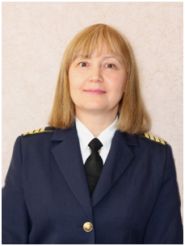
Kateryna SURKOVA
Head of the Department of Information Technology PhD in Education, Associate Professor
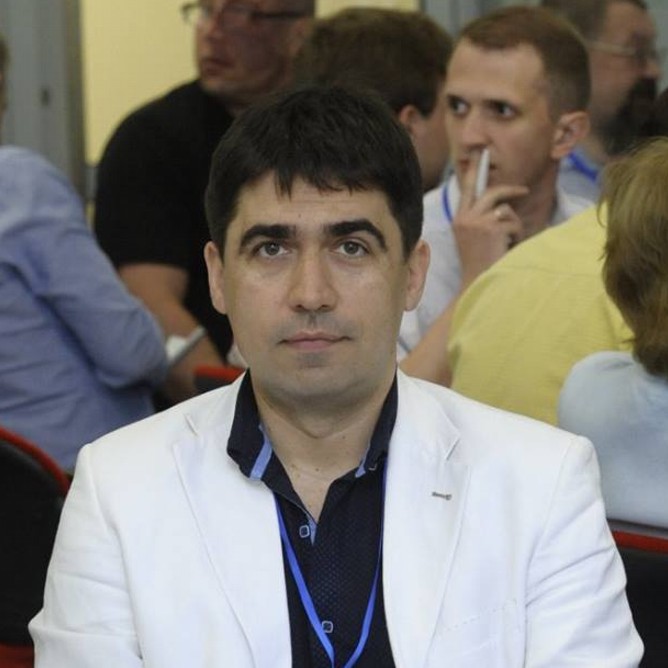
Volodymyr MOROZ
Head of the Department of public administration and project management PhD in Public Administration, Associate Professor
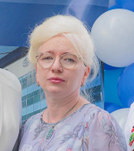
Larysa LAZORENKO
Head of the Department of management, marketing and public administration Doctor of Economics, Professor
Mentors

Taras KOZAK
President of Univer Investment Group PhD in Public Administration
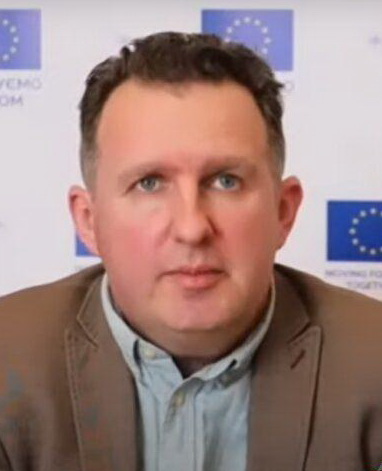
Denys CHERNIKOV
Coordinator of the Parliamentary Expert Group on European Integration PhD in Public Administration
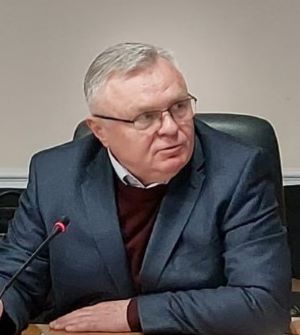
Serhii NEDILKO
Founder and CEO of Technopark Flight City 4.0 Doctor of Engineering, Professor
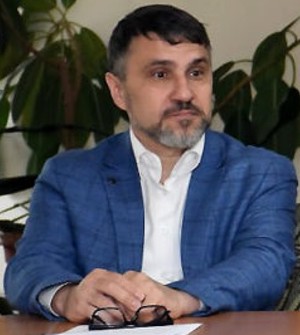
Iurii SEMENJUK
First Deputy of Kirovohrad Regional Council Deputy Head of the Central Ukrainian Digital Office

